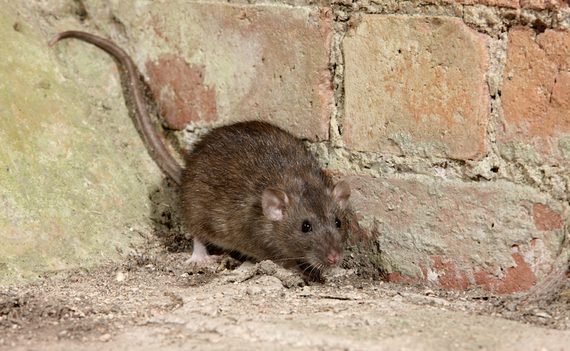Seven days; lots of science in the news. Here's our roundup of this week's most notable and quotable items:
Researchers determined that the giant, rabbit-faced ancestors of modern kangaroos probably did not hop, linked fracking to hundreds of earthquakes in Ohio, and found 18 new viruses (along with disease-causing viruses like salmonella) in a sample of New York City rats. The CDC issued stricter (but still voluntary) guidelines for American hospitals dealing with Ebola patients, now recommending protective suits that cover the neck as well as the head. The first Uranus-like exoplanet was discovered in a twin star system 25,000 light-years away from Earth.
This September was the warmest seen since records began in 1880. The 20th century's sea level rise of 20 centimeters (7.8 inches) is unmatched by any period in the last 6,000 years. The Dust Bowl drought in the 1930s was the worst in North America in the past 1,000 years. Tornado patterns have changed over the past few decades; there are today more days with lots of twisters, and more with no tornadoes at all. A massive 3,300-year-old compound raised by the cult followers of an ancient god or goddess was unearthed in Israel.
Volcanoes on the moon may have been erupting as recently as 50 million years ago, instead of billions of years ago as previously assumed. An MIT team severely critiqued plans for Martian colonization by private outfit Mars One; the scientists predicted colonists would die within 10 weeks of landing on the Red Planet. Losing weight quickly is no better or worse in the long-term than losing weight gradually.
Our Milky Way galaxy has been stealing star-forming gas from smaller galaxies nearby. Harvard scientists designing a medical device coating that keeps blood from clotting took inspiration from the slick wells of the carnivorous pitcher plant. Fecal transplants that help cure deadly bacterial infections may be getting easier to swallow, with one study now showing the success of poop-containing pills. Mozzarella really is the best pizza cheese, according to science.
"This Week In Science" is brought to you by the World Science Festival. For more fascinating and engaging science news, conversations, and media, check out the Festival website.
